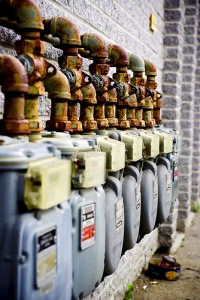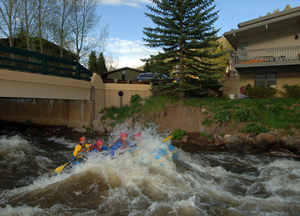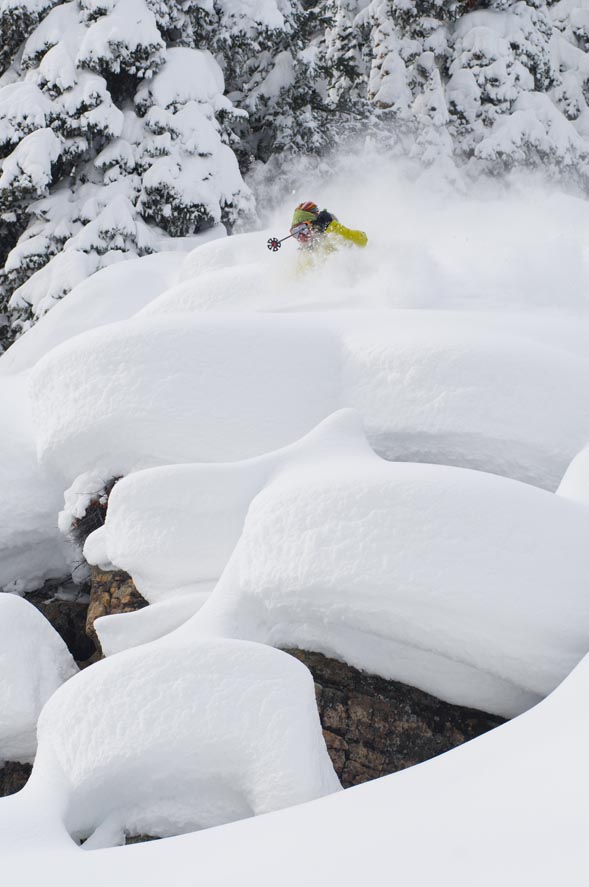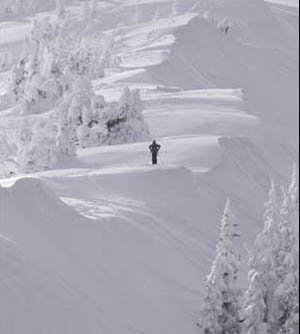
- Recent town of Vail community survey identifies parking as top issue for townies
- Vail Christian High School board buys back bonds, rescues next school year
- Vail Resorts to host Lindsey Vonn celebration in Vail Wednesday, March 31
- Vail Resorts Epic Pass, Summit Pass available through November 30, 2009
- 9 candidates, including 3 incumbents, running for 4 Vail Town Council seats Nov. 3
- Nominating petitions for four open Vail Town Council seats available Sept. 14
- Eagle County commissioners to vote Tuesday on temporary marijuana dispensary regulations
- Vail Town Council rejects ballot question to change council terms
- Polis defends health-care reform at packed town hall in Edwards
- Vail blaze illustrates need for defensible space, roadless rule changes, state says
- All Real News Articles
May 15, 2009 — U.S. Rep. Diana DeGette is leading the charge to increase federal oversight of the nation’s natural gas industry, reintroducing a bill that specifically targets a process called hydraulic fracturing.
“Fracking,” as it’s known in industry circles, pumps a mixture of water and sand into a well using extremely high pressure in order to force gas to the surface. Some environmental groups say the process can lead to groundwater contamination.
DeGette, a Denver Democrat who unsuccessfully championed the cause on Capitol Hill last year, is poised to reintroduce legislation that would remove an exemption for hydraulic fracturing from the Safe Drinking Water Act that was granted in the 2005 Energy Policy Act.
“As this is an important issue for Congresswoman DeGette, she is expecting to introduce the bill soon,” DeGette spokesman Kristofer Eisenla said. “We are currently just finalizing language and talking to the chairman about the direction of the legislation,” he said, referring to U.S. Rep. Henry Waxman, the California Democrat who control’s the powerful Energy and Commerce Committee’s gavel. “While we are planning to introduce it, no decisions have been made yet on how it will move,” Eisenla said.
The bill could be folded into Waxman’s American Clean Energy and Security Act, which is currently being bandied about in committee and includes such lofty goals as a national renewable energy standard and a carbon cap. DeGette also sits on the Energy and Commerce Committee.
The exemption was granted in 2005 because of a controversy stemming from an Alabama case in which it was alleged that fracking was directly responsible for groundwater contamination. The Environmental Protection Agency studied the case and did not conclude there was a direct correlation between the process and methane found in drinking water.
So to prevent further attempts to enforce a layer of federal oversight, the exemption was granted.
“Right now it’s a technology that has allowed us to increase natural gas supplies in the country to an incredible extent, and it’s a technology that’s been in use over 60 years with no documented cases of groundwater contamination from fracking,” said Kathleen Sgamma, director of government affairs for the Denver-based Independent Petroleum Association of Mountain States.
Sgamma says all the fluids used in fracking, which are 99.5 percent water and sand but include small percentages of chlorine, food additives and thickeners, are regulated by state and federal agencies and contained in steel and concrete casing.
“There have been cases where an operators have made mistakes and the casing that is done for a well has not been done correctly, and when that happens the state is the regulatory agency, and they ensure that the operators take corrective measures, so that’s already being regulated,” Sgamma said.
But a study conducted for Garfield County and released in December showed elevated levels of methane in groundwater supplies in the gas-rich mountain area: “There is a temporal trend of increasing methane in groundwater samples over the last seven years coincident with the increased number of gas well installed in the study area,” the report concluded.
Methane can occur naturally and is not considered toxic, but it can be flammable and noxious to breath once it evaporates out of the water supply. In some cases it can cause accidental explosions.
DeGette’s latest efforts to regulate the industry at the federal level have triggered a massive lobbying effort designed to raise the alarm about the potential for lost tax revenues and jobs.
According to a recent New York Times article, the industry campaign is predicting DeGette’s bill could shut down a third of the nation’s gas wells and half the oil wells, costing state treasuries $785 million. Environmentalists called such predications baseless scare tactics.
At home in Colorado, economic fallout was the same tactic the industry took in trying to stall or derail hard-fought and more environmentally stringent oil and gas drilling regulation recently implemented by the Colorado Oil and Gas Conservation Commission.
Some opponents of those regulations are still blaming them for a downturn in natural gas drilling on the Western Slope — ignoring the larger effects of the global economic crisis that caused oil and gas commodity prices to drop substantially.
![]() 2 Comments on "DeGette targets controversial form of natural-gas drilling"
2 Comments on "DeGette targets controversial form of natural-gas drilling"
carolyn wells — May 15, 2009
Thank you so much for writing about this; there are poisoned wells three miles down the road due to fracking so that line stating there is no water contamination is a bold faced lie. Twenty wells in my area have been poisoned and the family who leased their land to Cabot Oil now uses their food stamps to buy water. So my tax dollars pay for exploitation of pristine areas by the gas industry.
carolyn h wells — May 15, 2009
PS: My property is in Dimock Pennsylvania.












